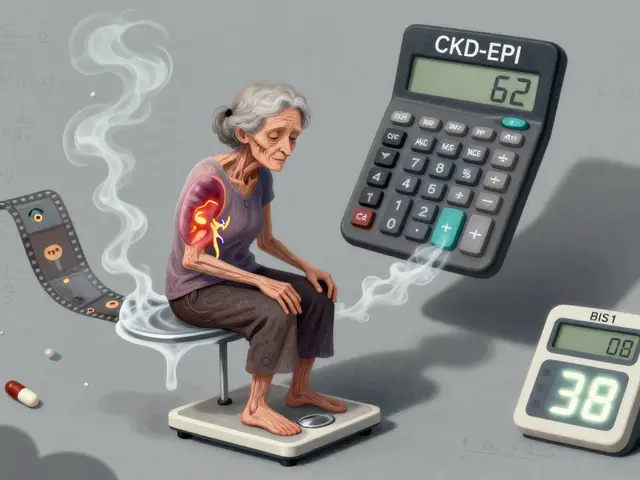American Rescue Plan Act: What it means for your prescriptions and health care
One law passed in March 2021 made real changes many people felt at the pharmacy counter. The American Rescue Plan Act (ARPA) boosted marketplace subsidies, temporarily helped people pay COBRA bills, and sent money to public health programs — and that had a clear impact on access to care and medicines.
If you pay for health insurance or buy medicine out of pocket, here’s what matters and what you can do now.
What changed that affects you
ARPA increased premium tax credits for ACA marketplace plans and removed the strict income cutoff that used to leave some households with huge bills. That meant lower monthly premiums for lots of people, and more households became eligible for help. The law also offered temporary COBRA premium assistance for people who lost employer coverage during the pandemic, and it provided funding for testing, vaccines, community health centers, and provider relief — which kept services and medication access more stable.
Those moves didn’t directly change drug prices, but they did change who has coverage and how much they pay for care and prescriptions. When premiums go down or people gain coverage, they’re more likely to fill prescriptions, attend follow-up visits, and use preventive care.
Practical steps you can take today
1) Check Marketplace options now. Open enrollment windows and special sign-up periods change, but if your income or situation shifted during the pandemic you might qualify for bigger subsidies. Compare plans, not just premiums — look at formularies and deductible levels that affect drug costs.
2) If you lost employer coverage, ask about COBRA help. ARPA provided a temporary 100% COBRA subsidy for eligible people during 2021, so check past notices and talk with your former employer or plan administrator about any remaining assistance or repayment rules.
3) Talk to your pharmacist about alternatives. If a brand drug is costly, ask about generics, therapeutic alternatives, or manufacturer patient assistance programs. We cover many drug alternatives and practical tips elsewhere on the site — for example, guides on buying meds safely online and comparing alternatives for common prescriptions.
4) Use community resources. ARPA boosted funding to community health centers and public health programs. If cost is a barrier, search for local clinics or nonprofit programs that help with meds and telehealth visits.
5) Keep your income info updated. Marketplace subsidies are income-based. If your income changed, update your account — it can lower your monthly cost or prevent repayment surprises at tax time.
Want a quick next step? Log in to your state or federal marketplace, run plan comparisons with your current prescriptions on the formulary, and call your pharmacy to discuss cheaper options. If you need reading material, our site has clear guides like how to buy specific meds safely online, alternatives to common drugs, and tips for mixing prescriptions safely.
ARPA didn’t solve every access issue, but it shifted coverage and funding in ways that still affect how people get medications and care. Small moves — checking eligibility, comparing formularies, and asking your pharmacist — can save real money and keep your treatment on track.
GSK Announces Major Price Cuts for Key Drugs Advair, Valtrex, Lamictal in the US
GlaxoSmithKline (GSK) is set to lower the prices of three significant medications in the US by 2024. This decision impacts Advair, Valtrex, and Lamictal, aiming to enhance drug affordability and comply with the American Rescue Plan Act of 2021's regulatory requirements.






